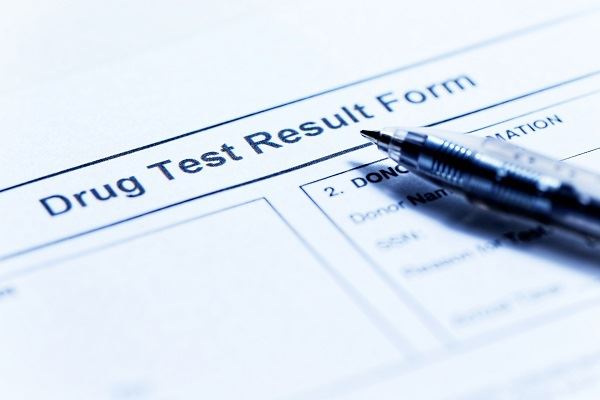
As of 18 December 2017, known as the compliance date, the Federal Motor Carrier Safety Administration (FMCSA) implemented the use of the Electronic Logging (E-log) Device. The ELD can be used with the Automatic On-Board Recording Device (AOBRD) as a phase-in assistant for motor carriers that already had it installed before the compliance date for a two-year period. Sole use of the ELD and the E-log is mandatory on 16 December 2019, which is the Full Compliance date. However, as of the 18th, no one required to maintain Hours of Service (HOS) or Records of Duty Status (RODS) can officially use software or paper logs, with the following exceptions:
● Those who only use it for eight days or less within a 30-day period.
● Those who use timecards for short-haul operations.
● Drivers that drive a vehicle manufactured prior to 2000.
● Drivers that are delivering the vehicle they are driving.
E-Log Regulatory Requirements as of 18 December 2017
A self-certified ELD must be installed and operational in the commercial motor vehicle (CMV) and the following must also be retained in the CMV: an operator’s manual; an instruction sheet which describes how the data transfer mechanism works; step-by-step directions for production and transfer of the HOS to a certified safety official; the driver’s instruction sheet describing how to report an ELD malfunction; and a recordkeeping procedure during the malfunction. Also, the driver must have eight days’ worth of blank RODS graph-grids to record duty status changes and additional information during the malfunction. According to 76 FR 411, "Regulatory Guidance Concerning Electronic Signatures and Documents" these documents may be in electronic format.
Other Required Supporting Documents
Five categories of documents identified by the FMCSA the driver must maintain in the CMV:
- Itineraries, schedules, Bills of Lading, or similar documents, which show the start point and ending location on each trip.
- Dispatch or trip records, and similar documents.
- Receipts for expense showing those “on-duty/not driving” timeframes (i.e., lodging, meals, fuel, etc.).
- Settlement or payroll records or similar documents that show the driver’s payment.
- Fleet MGMT communications records.
Each of these documents must be attributed to the driver by name, vehicle unit or carrier ID number, or another document, which links the driver with the carrier, date, location, and time. When the driver only has eight documents or fewer, which include those four elements, any document which contains each element but “time” can be considered supporting documents. Paper receipts can be scanned and destroyed. The carrier will keep at least the first and last of the documents submitted and then six others. A carrier must maintain all documents when a driver submits less than eight.
The motor carrier must maintain at least eight supporting documents during each 24-hour timeframe the driver is “on-duty,” a driver must submit the RODS and support documents not later than 13 days after receipt.
Use of the E-Log
The E-log may be on a smartphone or other electronic device such as a portable ELD, which meets the technical specifications. However, all electronic devices must be mounted (in a temporary or permanent position) within reach of the driver while driving.
A motor carrier must only create one ELD account for each driver that uses an E-log by using the driver’s license (DL) number and state of jurisdiction. The carrier must create a unique user ID and passwords for their drivers. Additionally, the carrier should create special accounts for non-drivers, such as mechanics that may test drive or fuel-up the vehicle, and drivers should reject any miles logged while they are off-duty when they log in.
These are a few of the many new requirements involved with the E-log. Drivers should familiarize themselves with the FMCSA’s “General Information about the ELD Rule” contained on its website.
Bigger & Harman, the Trucker-Friendly Traffic Attorneys
Whether we like the new ELD or the E-log, it is here now, and we must be familiar with the legal requirements that were directed by the U.S. Congress and implemented by the DOT/FMCSA. We’re all in a learning phase with this new system, and we will do everything possible to ensure truckers and other CDL holders get a fair shake while adapting to the changes.
When you have an E-log or special permit violation, receive a ticket for overweight violation, or any violations of the CA Vehicle Code or FMCSA Regulations give us a call, (661) 349-9300, for a free phone consultation or set up an appointment. You can also send us an email, scanned copy of your ticket, and a few details, attorney@biggerharmanlaw.com. We will call you as soon as we receive it. Please be patient as we are in traffic court most days protecting the rights of CA drivers like yourself.
Se habla Español 661.349.9755.
Reference
Federal Motor Carrier Safety Administration (FMCSA) website “General Information about the ELD Rule"
